Unveiling Planet Nine: A Cosmic Quest for a Hidden World in Our Solar System. Dive into the mystery of this elusive giant!
For generations, we have been taught about eight planets orbiting our Sun, each
with its own unique characteristics and dance in the cosmic ballet.
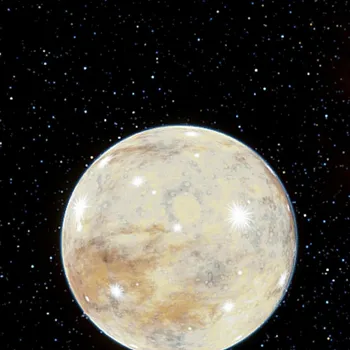
But whispers of a potential ninth planet, a celestial giant lurking in the distant, icy reaches of our solar system, have persisted for years, captivating astronomers and space enthusiasts alike.
This hypothetical world, aptly named "Planet Nine," remains elusive, yet the evidence suggesting its existence is mounting, sparking a thrilling scientific quest to uncover this hidden member of our solar family.
Could Planet Nine be real, and if so, what secrets does it hold about the formation and evolution of our own solar system? The search continues, filled with both excitement and challenges.
Planet Nine's existence inferred from eTNOs' unusual orbits, prompting global hunt
The idea of Planet Nine isn't born out of thin air. It stems from studying the orbits of certain objects way beyond Neptune, in a region called the Kuiper Belt. These objects, known as extreme trans-Neptunian objects (or eTNOs), have peculiar orbits.
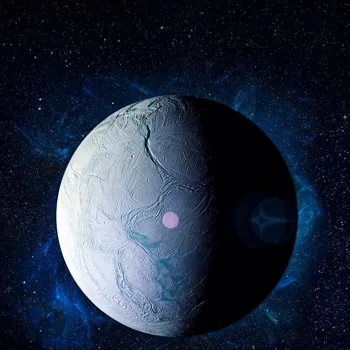
They are clustered together in a way that seems unlikely to be random. Scientists believe that the gravitational pull of a massive, unseen object – Planet Nine – could be responsible for shaping these unusual orbits.
Imagine a bowling ball influencing the path of several marbles on a table; Planet Nine would be the bowling ball, and the eTNOs the marbles. While this is compelling, it's only indirect evidence. Actually spotting Planet Nine is the ultimate goal.
The hunt is on, and telescopes around the world are being aimed at the most promising regions of the sky, hoping to catch a glimpse of this dark and distant world. If found, it would reshape our understanding of the solar system.
Finding Planet Nine is a challenging cosmic search for a distant, dark, and massive planet
Finding Planet Nine is like searching for a needle in a cosmic haystack. Its immense distance from the Sun makes it incredibly faint and difficult to detect.
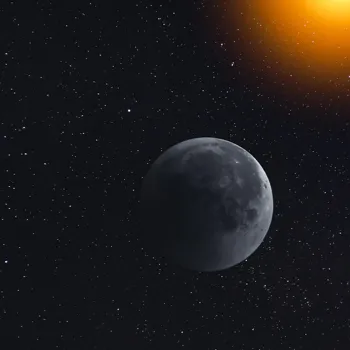
Astronomers estimate that Planet Nine could be 5 to 10 times the mass of Earth, orbiting the Sun at a distance hundreds of times greater than Earth's. This means it receives very little sunlight, making it extremely dark and cold. The vastness of space also presents a challenge.
Astronomers have to scan huge swaths of the sky, hoping to stumble upon the faint signal of Planet Nine. They use powerful telescopes, sophisticated computer models, and clever search strategies to narrow down the possible locations.
It's a time-consuming and painstaking process, but the potential reward – discovering a new planet – makes it all worthwhile. The technical difficulties are very high, and require high precision equipment.
Discovery of Planet Nine could revolutionize our understanding of the solar system and planetary diversity
If Planet Nine truly exists, its discovery would have profound implications for our understanding of the solar system. It could help explain the odd orbits of other Kuiper Belt objects, as well as the tilt of the solar system relative to the Sun's equator.
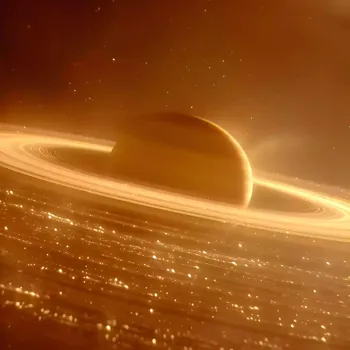
Some scientists even believe that Planet Nine may have originated in another star system, and was captured by our Sun's gravity billions of years ago. This would suggest that planet capture is a more common process than previously thought.
The discovery of Planet Nine would also give us a new perspective on the diversity of planetary systems in the universe. It would show that our solar system, while perhaps unique, may not be as unusual as we once believed. It can also change scientific principles.
Search for Planet Nine uncovers mysteries, fuels human curiosity
The search for Planet Nine is not just about finding another planet; it's about unlocking the secrets of our solar system's past and future. It's a quest that pushes the boundaries of scientific knowledge and technological capabilities.
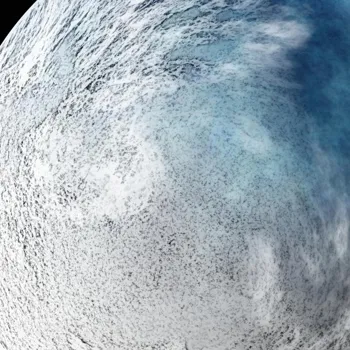
And it reminds us that the universe is full of surprises, waiting to be discovered. As telescopes continue to scan the heavens, and as scientists refine their search strategies, the hope of finding Planet Nine remains alive and well.
Whether it's found in the next year, or in the next decade, the search itself is a testament to human curiosity and the relentless pursuit of knowledge. The universe is vast and full of mysteries, and the search for Planet Nine is just one small part of our ongoing journey to understand it.
It requires teamwork.
Astronomers hopeful about finding Planet Nine despite challenges
Despite the challenges, astronomers are optimistic about the prospects of finding Planet Nine. New telescopes, such as the Vera C. Rubin Observatory, which is currently under construction in Chile, will dramatically increase our ability to scan the sky for faint objects.
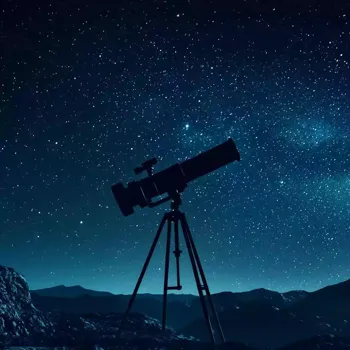
Advancements in computer modeling and data analysis are also helping to narrow down the search area and improve the accuracy of predictions. The discovery of Planet Nine would be a monumental achievement, rivaling the discovery of Neptune in the 19th century.
It would not only expand our knowledge of the solar system, but also inspire future generations of scientists and explorers. The anticipation is palpable, and the search continues with renewed vigor. This is a long waiting game.
AI Generated Content. Glance/InMobi shall have no liability for the content














